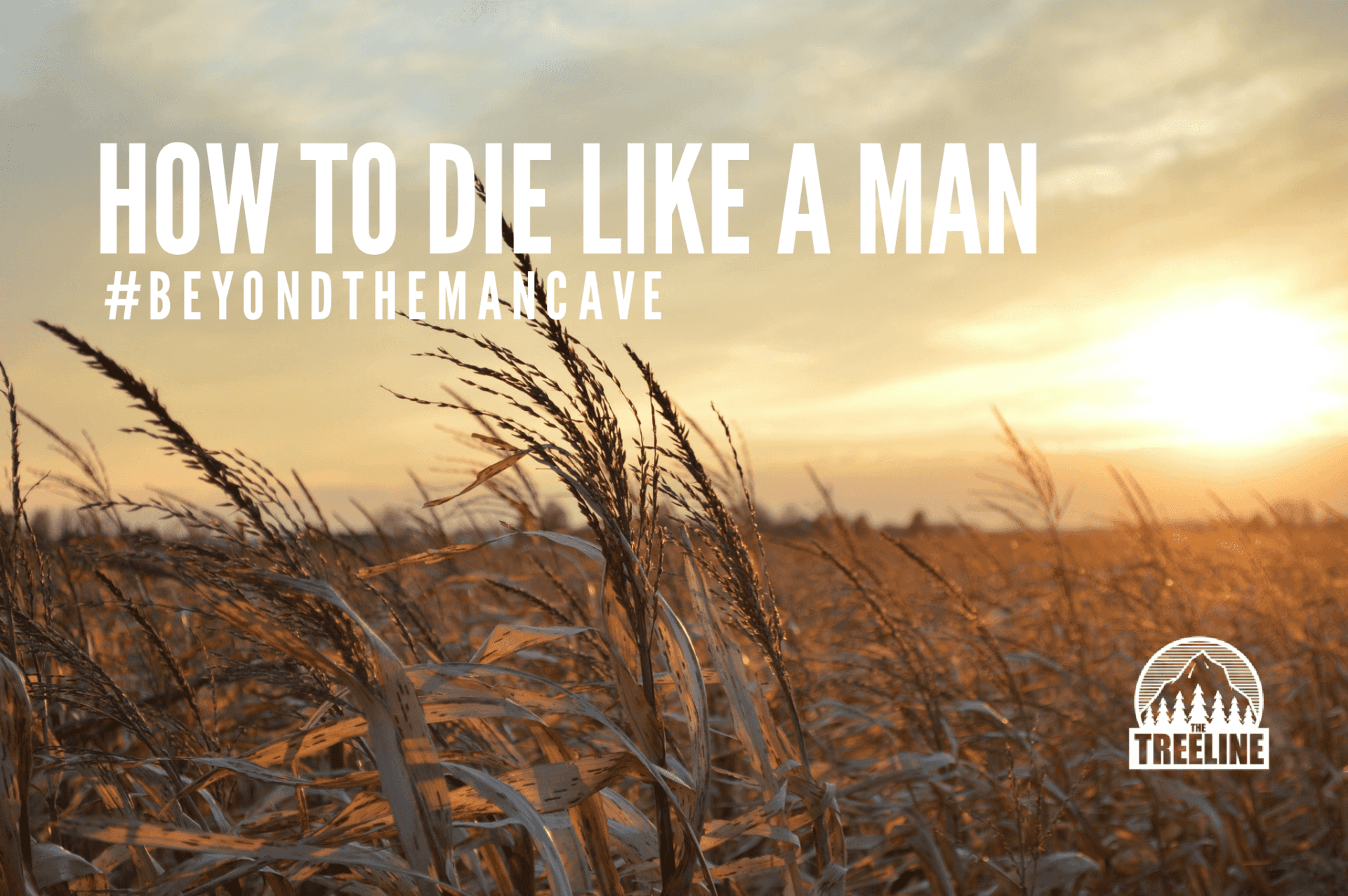Dying like a man part 2

WOMEN AND CHILDREN FIRST
Some years back we travelled as a family to Belgium, taking the ferry from Newcastle for an overnight crossing, my boys were five and seven at the time.
On the way the grisly subject of the boat sinking came up. My youngest, Nicholas had recently done a school project on the Titanic and the story had captivated him, its a fascinating one afterall.
As a family we had watched the epic movie but myself and my boys had also watched a number of documentaries on the subject and done a deal of online research.
We discussed the bravery of the ship’s engineers who tried to buy the ship a few more precious minutes and the decision to close the watertight bulkheads which sealed many of them below decks.
We talked about Captain E J Smith who went down with the ship in accordance with regulations, the officers who supervised the evacuation, knowing that they were dead men and we discussed the courage of the ship’s musicians who played on long after it became clear that the ship was doomed.
We also talked about the policy of women and children first, and here we differed. I told them that as a man it would have been expected that I would wait until all the women and children had been evacuated before trying to save myself. ‘It’s the rules of the sea’ I told them nobly, but to be honest I agreed entirely with this idea.
As someone raised on stories of bravery and heroism I found myself hoping that if heaven forbid, I was in a similar position I would hold my nerve and do whatever I could to help.
Beneath this though was the more selfish question of how I would live with myself if I did not. How could I hold my head up as a man knowing that someone else’s children had died so that I could get a place on a lifeboat? How could I continue to set an example of strength and resilience to my boys? How would I answer the enevitable questions that would be asked about my own survival?
In our cabin that night he subject came up again and I tried to stave it off by telling the boys that nothing would go wrong. The ship was well equipped with life boats and we would all be fine, but the questions persisted.
‘So you’d come with us?’ asked Jack.
I told them that if the ship were to be evacuated - which it wouldn’t - I would make absolutely certain that they were on a lifeboat but that it would also be expected of me that I would help other people who were struggling or elderly, or disabled. The boys became very upset and Nicholas told me that he’d stay too in that case and in the end I told them that I was certain they’d be very useful and that together we would do we whatever we could to help before making our escape. It wasn’t the best night’s sleep I’ve ever had.
If you’ve read any of my previous posts on modern vs traditional masculinity you’ll know that the last eighteen months have been something of a turning point for me and I’ve given a good deal of thought to the subject and started my own coaching practise built around this issue.
I’m asking myself again as a modern man, in the final analysis am I absolved of my unwritten duty to ‘women and children first’? For that matter, do modern women actually need to be saved by men?
Is rationalising the need to preserve my life for my children really any more authentic than my belief in risking it for someone else’s?
Close to the centre of all these thoughts is my Grandfather Rodney Gold, who was was killed at the battle of Anzio in 1944. He had been on the army staff and based in Whitehall at the start of WW2. He had applied numerous times for frontline duty and was granted it in 1942. My Grandmother, who died aged 100, confessed in the last weeks of her life that he had been the love of her life but she had never forgiven him for this decision. Perhaps he is just the personification of all the things I was brought up to believe in as a boy but he has always been my biggest hero.
The question I’ve never asked, and really need to, is what does my Dad think about what he did.












